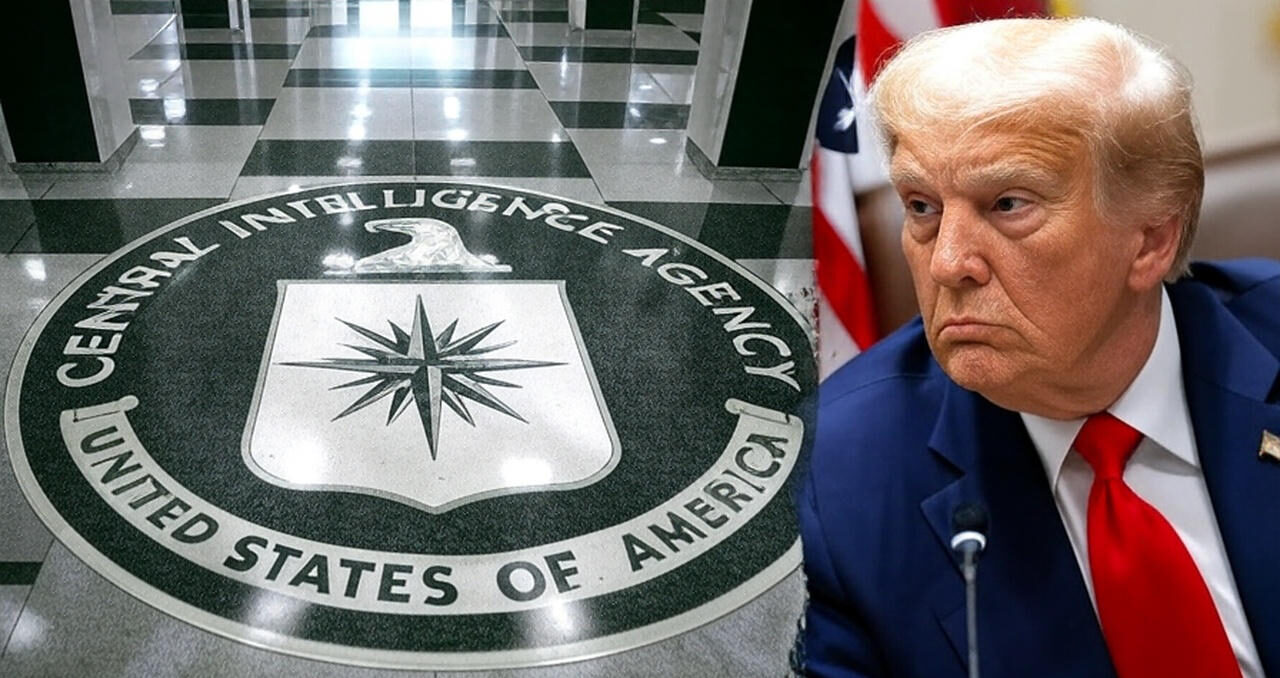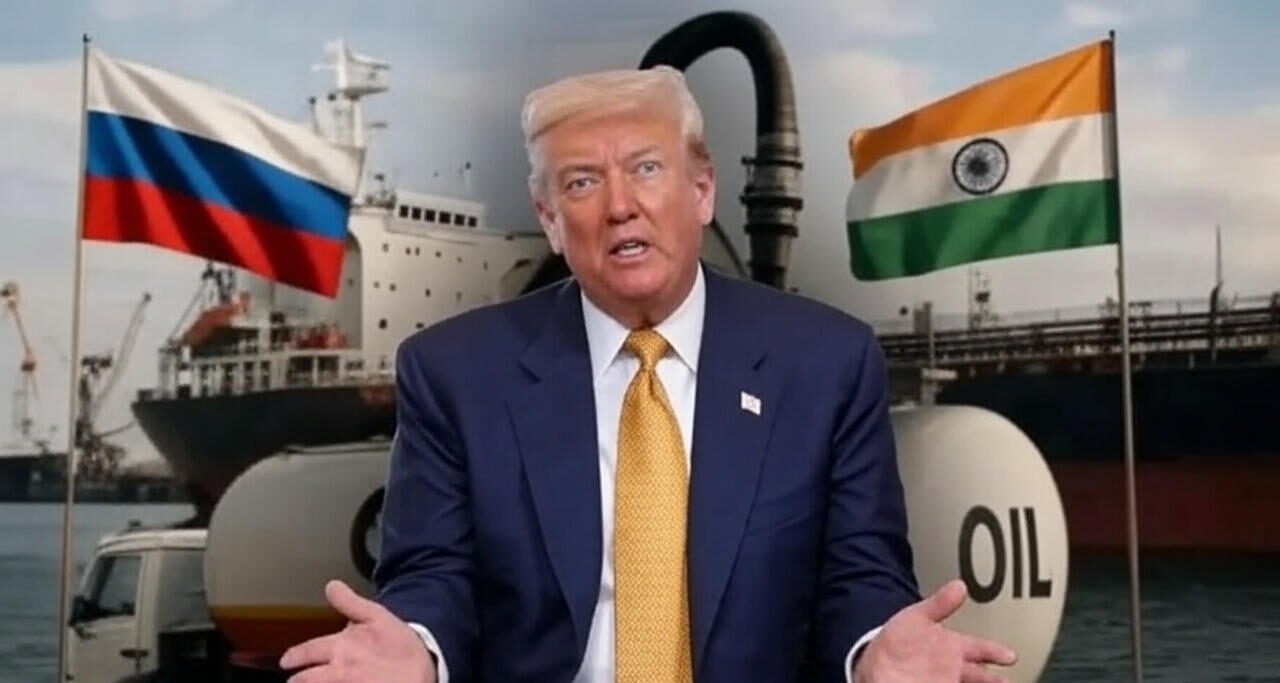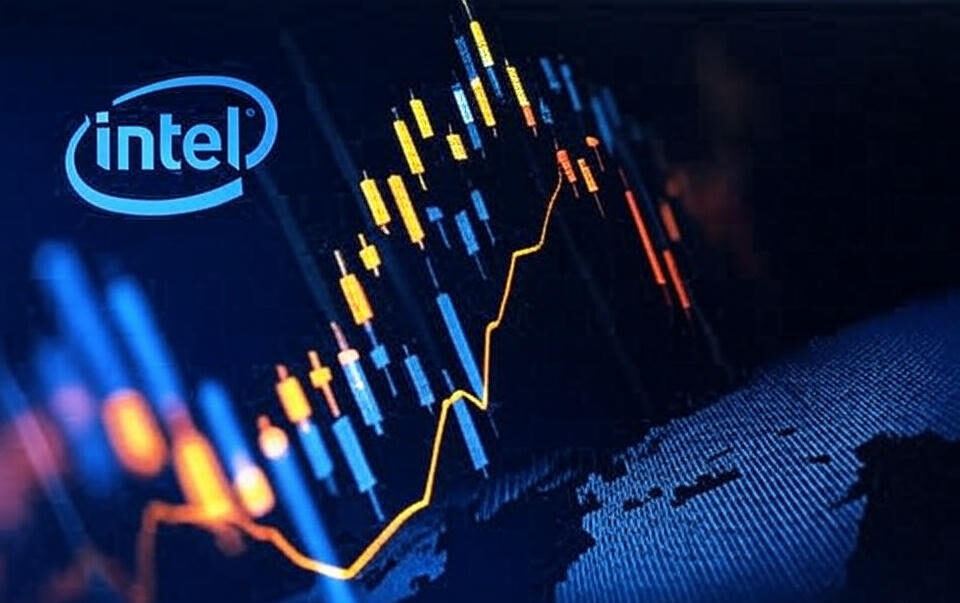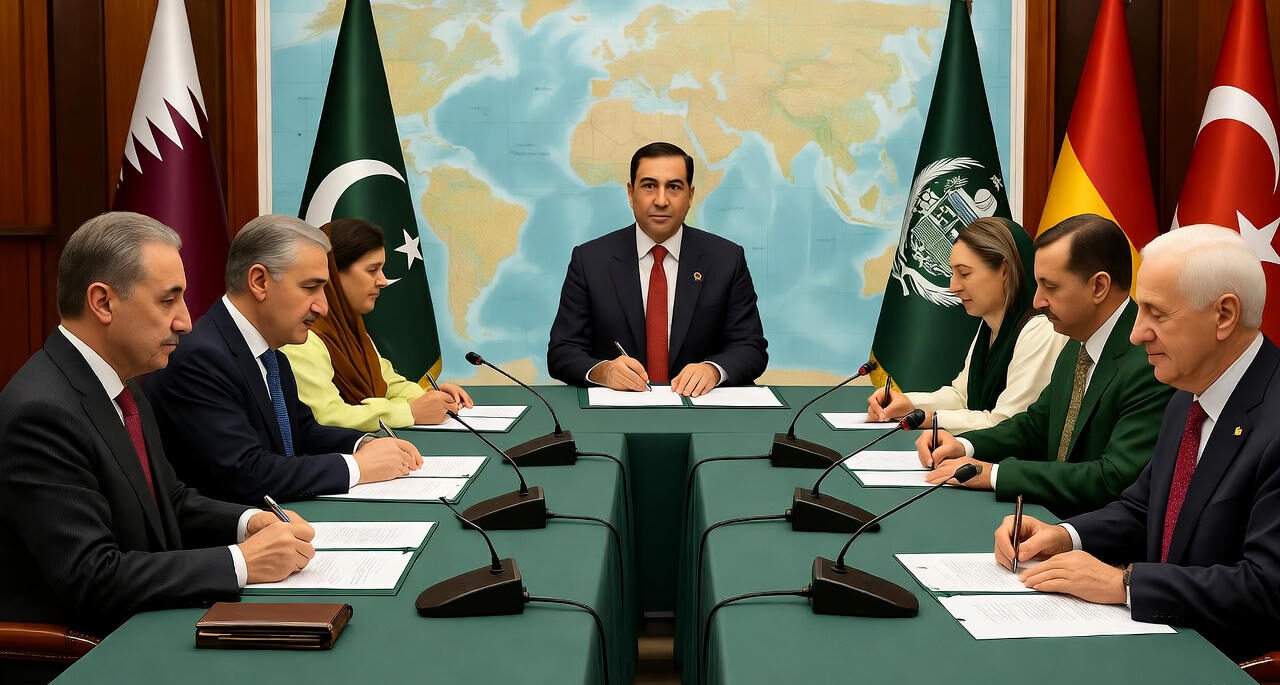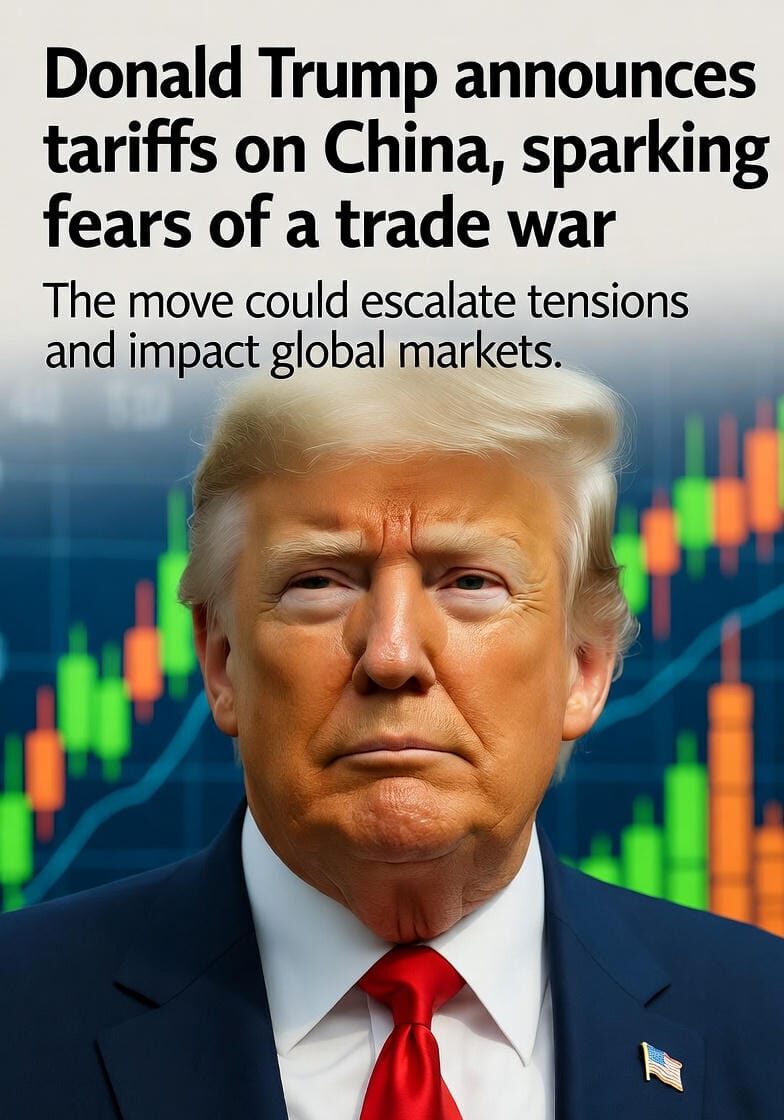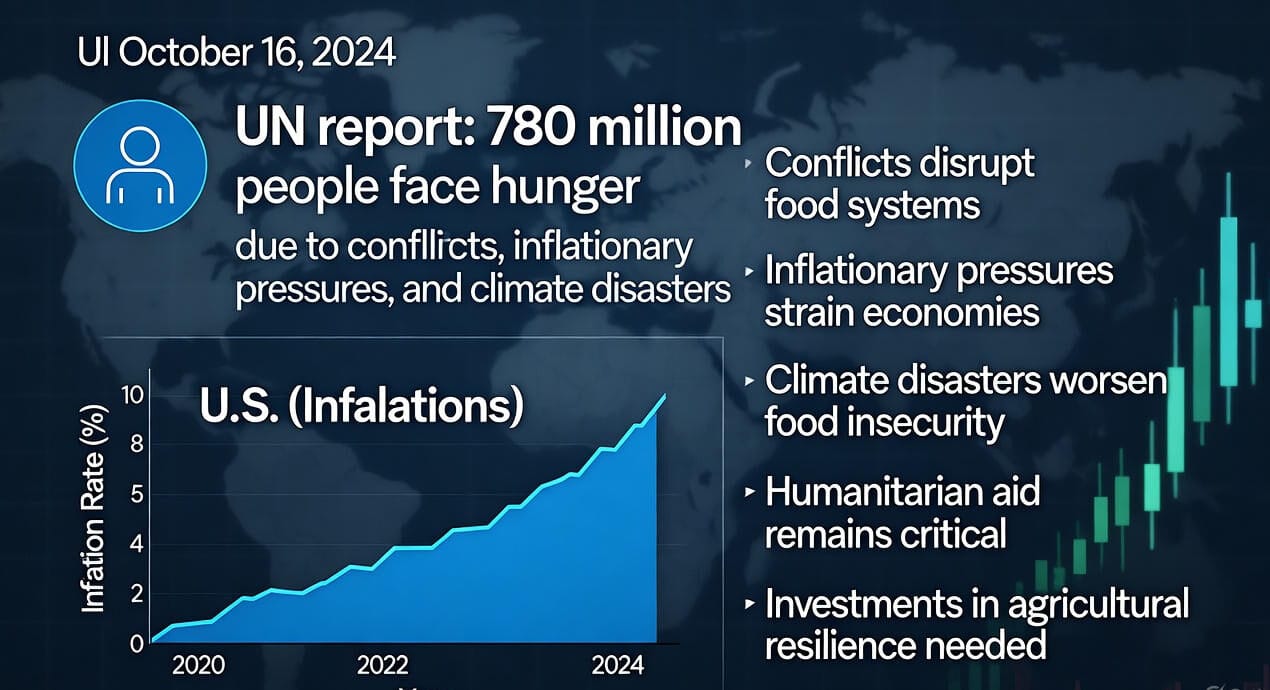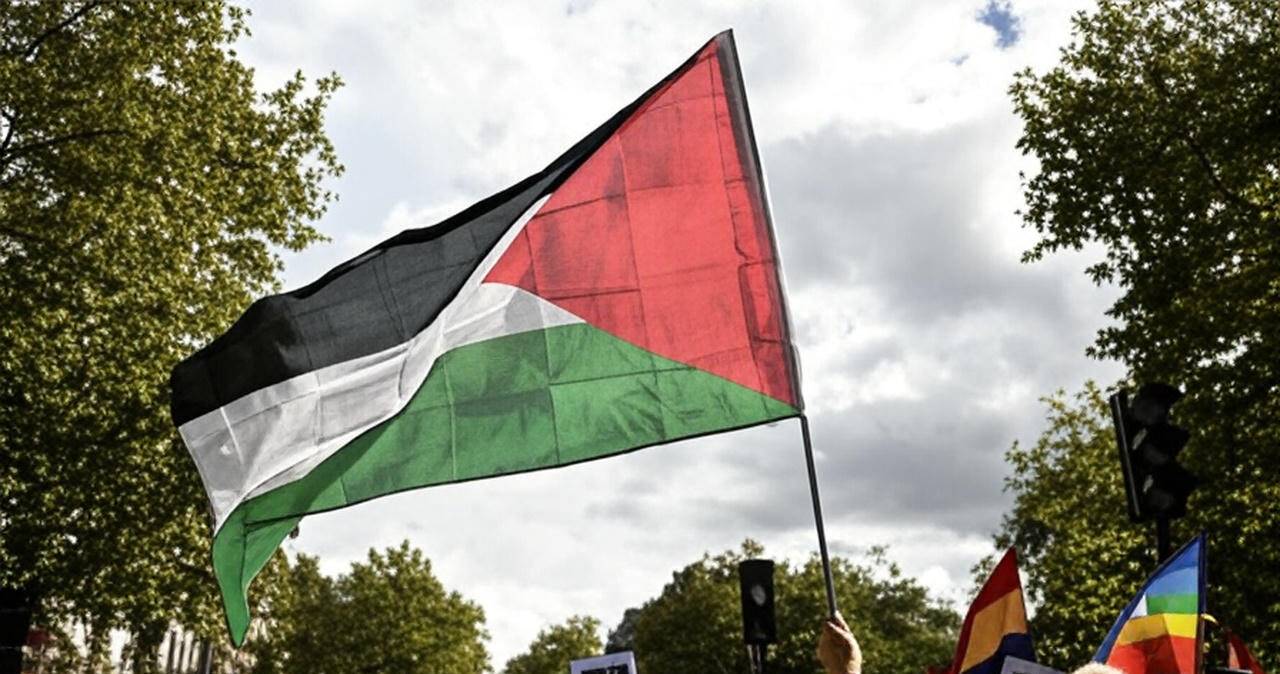
In a historic move shaking the foundations of Middle East diplomacy, Western nations like Canada, Australia, the United Kingdom, France, and Portugal have officially recognized Palestine as a sovereign state on September 21-22, 2025, during the UN General Assembly. This pivotal decision, elevating Palestine’s recognition to over 150 UN member states, marks a bold step toward a two-state solution amid the Gaza conflict. For Palestinians, it’s a triumph after decades of advocacy, while Israel condemns it as a boost to Hamas. This SEO-optimized news blog explores the implications, reactions, and future of Palestinian state recognition, engaging readers with clear insights into this transformative moment.
Why This Recognition Matters for Middle East Peace
The coordinated announcements at the UN General Assembly’s 80th session signal a seismic shift in global politics, with major Western powers endorsing Palestinian statehood. British Prime Minister Keir Starmer framed the UK’s decision as a commitment to a “better future” for both Palestinians and Israelis, citing Gaza’s “starvation and devastation.” Canadian Prime Minister Mark Carney, the first G7 leader to act, tied recognition to Palestinian Authority reforms for a peaceful coexistence with Israel. Australia’s Anthony Albanese echoed the call, emphasizing sovereignty as key to regional stability.
Key Nations Leading the Charge
- United Kingdom: Starmer’s announcement underscored peace through a two-state framework.
- Canada: Carney’s move as a G7 pioneer sets a precedent for others.
- France: President Macron linked recognition to Hamas’s disarmament and unified Palestinian governance.
- Australia and Portugal: Both nations aligned with the global push for Palestinian rights.
This wave, joined by Monaco, Belgium, Luxembourg, and Malta, builds on July 2025 pledges to counter Gaza’s humanitarian crisis, with New Zealand and Liechtenstein expected to follow.
Outrage and Escalation Threats
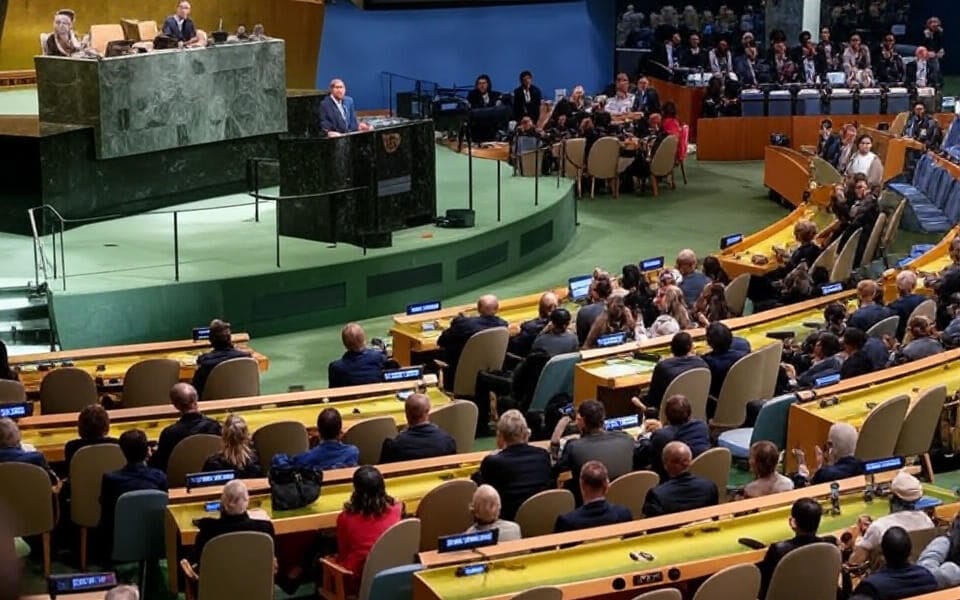
Israel’s government reacted with fierce opposition, viewing the recognition as a diplomatic blow. Prime Minister Benjamin Netanyahu vowed that a Palestinian state “will not happen” west of the Jordan River, hinting at West Bank annexation. National Security Minister Itamar Ben-Gvir called it a “reward for murderers,” urging immediate sovereignty over Judea and Samaria. Knesset Speaker Amir Ohana labeled Starmer a “modern-day appeaser,” while opposition leader Yair Lapid warned of a “diplomatic disaster.” Families of Gaza hostages criticized the move for ignoring Hamas’s captivity of 48 individuals.
Strategic Implications for Israel
- Diplomatic Isolation: The shift by Western allies, including G7 members, strains Israel’s global standing.
- Domestic Fallout: Netanyahu faces pressure from hardline factions to escalate territorial claims.
- U.S. Silence: The Trump administration’s lack of comment suggests potential friction with allies.
This backlash underscores the challenge of balancing Israel’s security concerns with growing international support for Palestine.
Palestinian Joy and UN Support Fuel Momentum
In the West Bank and Gaza, celebrations erupted as Palestinians hailed the recognition as a milestone in their quest for self-determination, rooted in UN Resolution 3236 (1974). Palestinian Authority President Mahmoud Abbas praised it as a step toward “security, peace, and good neighborliness,” promising elections within a year of a Gaza ceasefire and Hamas’s exclusion from governance. UN Secretary-General António Guterres called statehood a “right, not a reward,” warning that denial fuels extremism.
Voices from Palestine
- West Bank Hope: A Ramallah elder said, “This breathes life into our dream of dignity after occupation.”
- Gaza’s Plea: Amid Israeli strikes on residential areas, locals see statehood as a shield against devastation.
- Youth Optimism: East Jerusalem’s younger generation envisions economic growth and fewer checkpoints.
A French-Saudi summit on September 22 amplified calls for a two-state solution, reinforcing global momentum.
How Recognition Reshapes Middle East Diplomacy
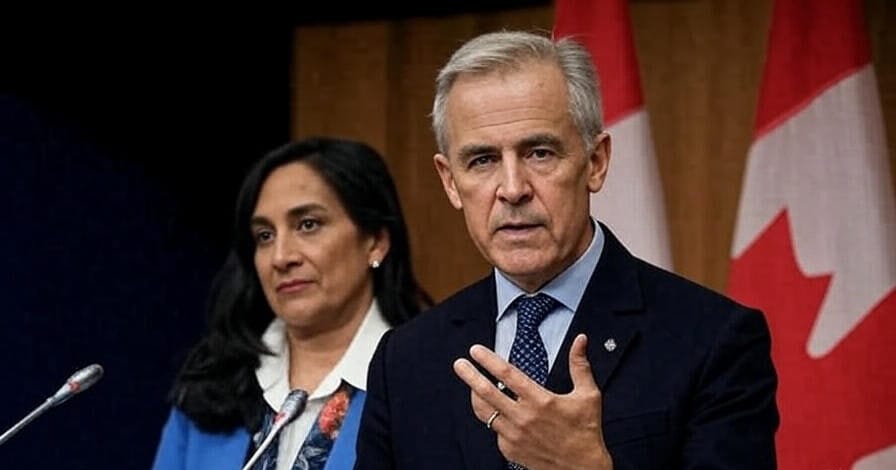
The recognition of Palestine by Western powers could redefine the region’s geopolitical landscape. It challenges Israel’s settlement expansions and pressures the U.S. to reconsider its UN Security Council veto. Economically, it opens avenues for Palestinian trade and investment, potentially stabilizing the region. However, Hamas’s role in Gaza and internal Palestinian divisions pose hurdles to a viable state.
Pathways to a Sustainable Future
- Governance Reforms: Abbas’s pledge for elections and demilitarization could unify Palestinian leadership.
- Humanitarian Aid: Urgent support for Gaza is critical to prevent famine and rebuild infrastructure.
- Global Momentum: More EU nations, like Italy, may join, intensifying calls for sanctions on illegal settlements.
Why This Matters for Global Readers
For those searching for updates on Palestinian state recognition, this development is a turning point. It raises critical questions: Can diplomacy translate into peace? Will Israel’s response escalate tensions? As the UN General Assembly continues, the world watches whether this recognition fosters reconciliation or deepens divides. Stay tuned for the latest on Middle East peace efforts and Palestinian sovereignty.
Keywords: Palestinian state recognition, Middle East diplomacy, UN General Assembly 2025, two-state solution, Israel-Palestine conflict, Gaza crisis, Western nations Palestine.
